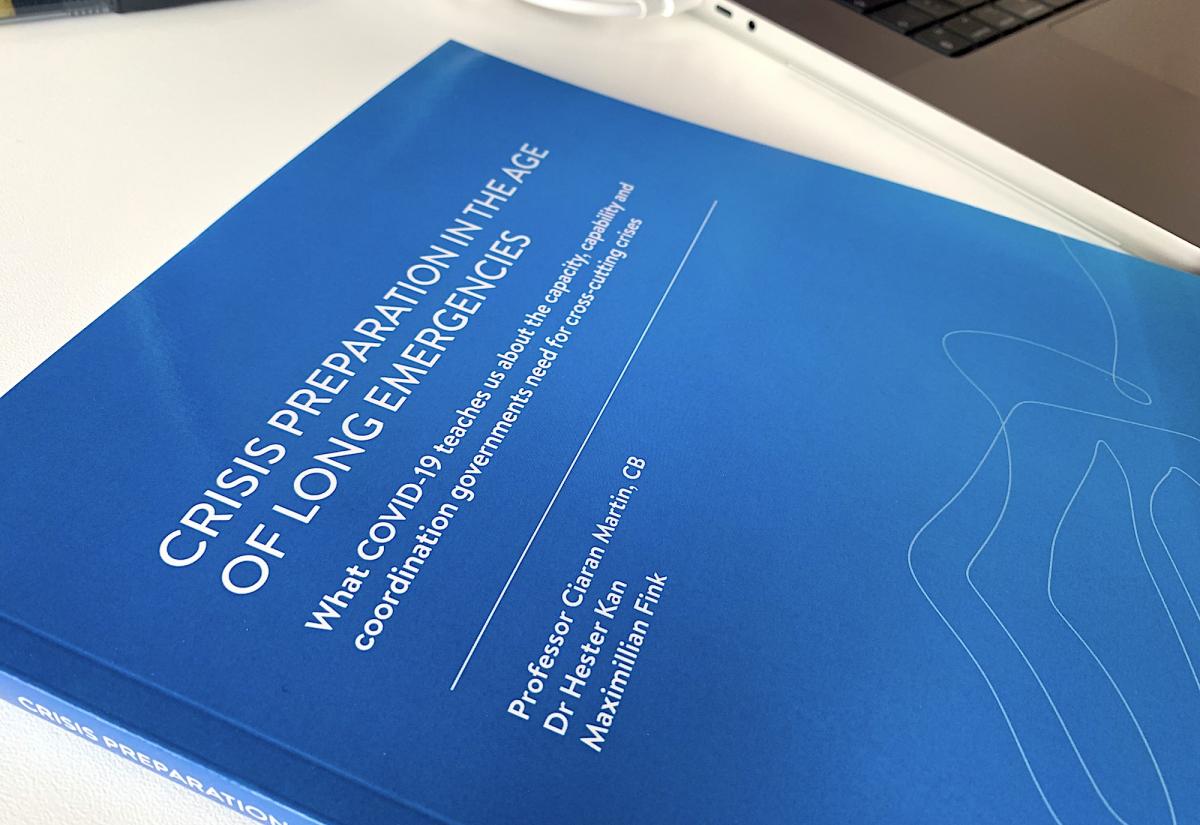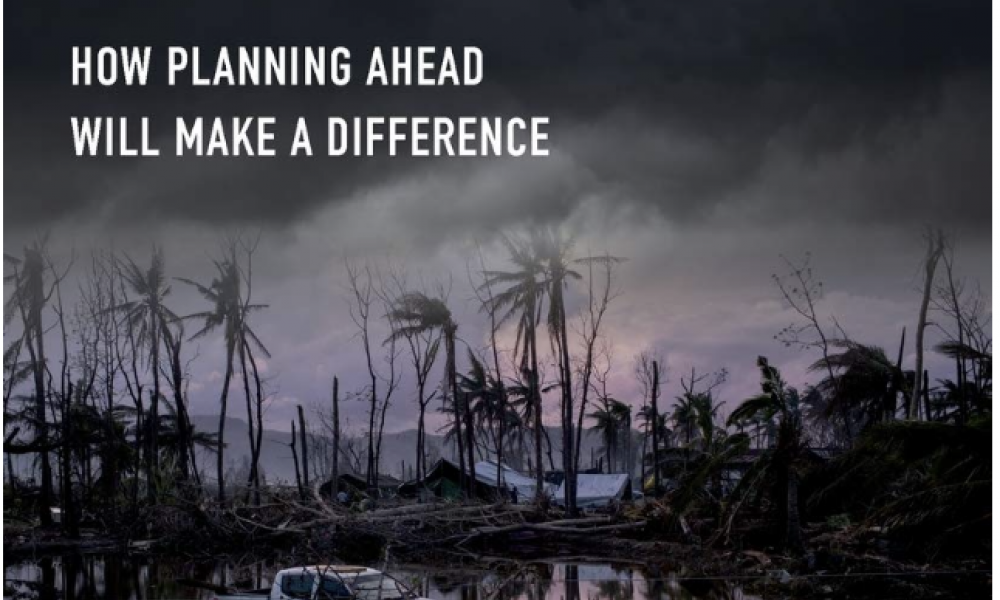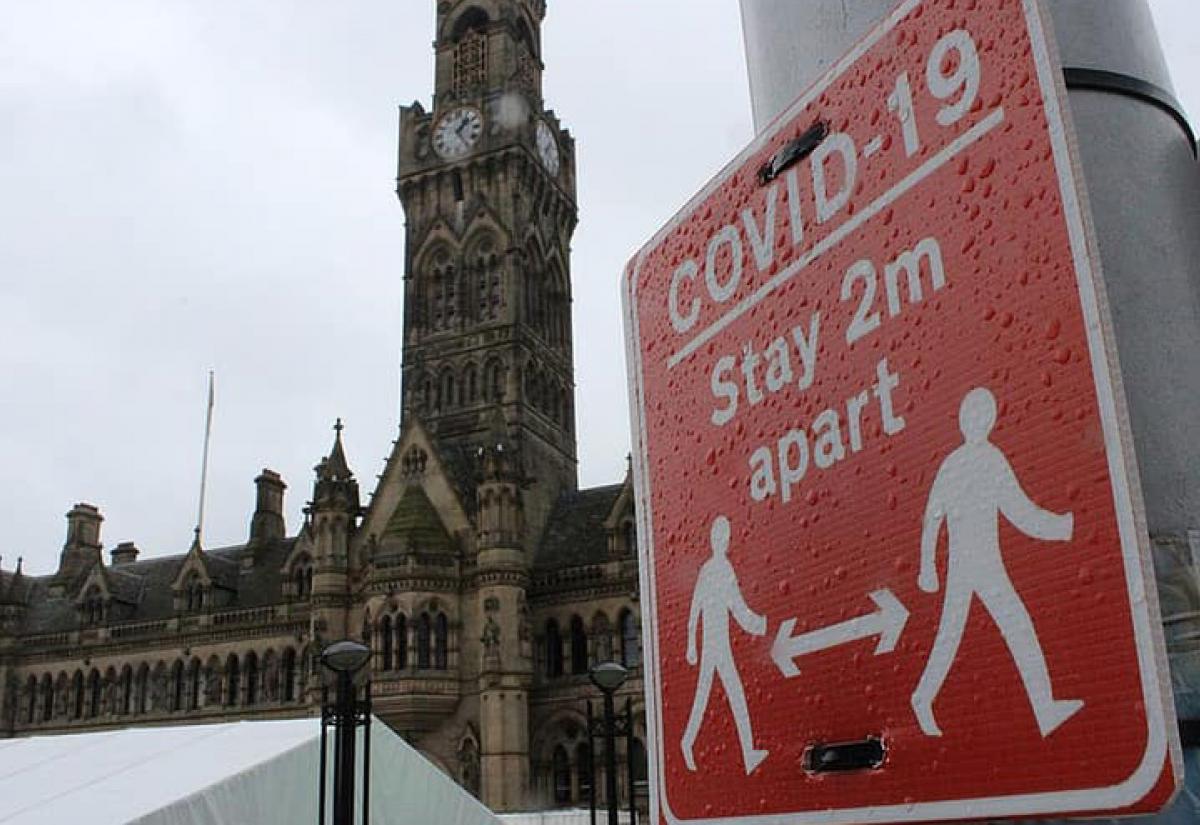Breadcrumb
Crisis preparation and response is a fundamental responsibility of government. In an era of prolonged, cross-cutting crises, how can lessons from the past help governments prepare?
What we used to think of as ‘once-in-a-lifetime’ events – whether pandemics, global supply disruptions, war, huge cyber disruptions, or major weather-related problems – might become the new normal, thanks to climate change and other factors. What must governments and multilaterals do to prepare for the next 'long emergency'?
Blavatnik School research in this area ranges from learning the lessons of the COVID-19 pandemic to examining how a combination of planning, prediction and pre-emptive action can change outcomes to disasters in the developing world.
The COVID-19 pandemic was the most enduring and severe population-level crisis the UK (and many other countries) had faced since the Second World War.
Crisis Preparation in the Age of Long Emergencies: What COVID-19 teaches us is a 180-page report by Ciaran Martin, Hester Kan and Maximillian Fink. Based on research funded by the Wellcome Trust, it examines how crisis preparations and capacities played out during the first six months of COVID-19 in the UK, Singapore, Australia, Germany and Italy, with the aim of learning lessons.
The pandemic tested and stretched not just every aspect of the UK’s crisis-response system, but state capability as a whole. The report argues that UK governmental crisis management systems – configured as they are to deal mainly with shorter crises with more circumscribed impact – need to be re-examined. A number of specific recommendations are made.
Chapter 4 looks at the experiences of Singapore, Australia, Germany and Italy, and synthesises lessons across all five countries.

More resources
What did COVID-19 teach us about preparing for mega-crises?
With ‘long emergencies’ likely to be an increasing feature of our modern world, what can governments learn from COVID-19 to prepare for future crises, whether health-related or not? This one-hour online event launched our report on the question.










